Cardinal Charles Maung Bo of Yangon is urging voters to choose candidates and parties that promote a culture of democracy, human rights and reconciliation during the Nov. 8 general election.
The country’s first general elections since the establishment of nominal civilian rule in 2011 ended nearly 50 years of military rule will vote in members of parliament that will select the country’s president.
Cardinal Bo , 66 year-old Archbishop of Yangon, is the first cardinal created from his country where 16 dioceses provide pastoral care for some 800,000 Catholics comprising an estimated 1.44 percent of Myanmar’s total population. Ordained a Salesian priest, he is known internationally for his many efforts, including his work with ethnic minorities and for peace.
Cardinal Bo issued his written appeal with guidelines for choosing candidates on Sept. 24. The full text of the document sent to Catholic In Asia follows…
DOCUMENT: A Fervent Plea for Fair and Free Election –
From Charles Cardinal Maung Bo, Yangon!
Five years ago, the dawn of hope broke forth in the parched lands of despair. After decades of sacrifice of blood and tears, my Myanmar Brothers and Sisters tasted democracy. Termed ‘controlled democracy’ by our rulers, that dawn brought encouraging changes. People who have walked in darkness saw the light. It was not perfect democracy but the fledgling democracy brought forth a stream of hope in the hearts of our country men and women. Democracy is a process. So through this appeal I call upon the rulers and the people to make the forthcoming election a true exercise in democracy. But democracy is a long and arduous journey. The rulers and the ruled need mutual accompaniment in this journey. Democracy has won our people’s heart and mind. The surging enthusiasm for elections reflects our people’s desire for peace and prosperity- making this nation once more the Golden land.
Voting is a fundamental right in a democracy. The primary duty bearer of this responsibility is the Election Commission. Most of the vibrant democracies in the world are fortified by the strong resolve of the Election Commission. Voter education, enrollment of all in the electoral roll, a ruthless adherence to neutrality, a strong inclusive approach and a commitment to transparency are some of the expectations from our people of the Election Commission. Our earnest desire is that Election commission rises up to this challenge.
Candidates from various political parties have exhibited great desire to serve the nation. Mutual respect and consideration for the candidates from minority groups and ethnic parties will promote long term peace. Inducements and threats of civilians, use of force will be a death knell to democracy. Let your election manifestos speak for themselves. Let your people friendly policies attract the people to vote for you. Not strong arm methods.
This is a rainbow nation of colorful tribes and great religions. Manipulating sectarian sentiments would send this country to dark ages. Let religions heal, not wound. Kindly avoid vote bank politics. The principle protagonists are the citizens in this election. In a democracy the voter is the King. But they have a moral responsibility to go to the booth and elect their candidates. To dispel the darkness of fifty years, everyone should hold his or her vote as the light that challenges that darkness.
Democracy is a sacred duty. We forsake that at our own peril. Every vote counts. So please fulfill your sacred duty in this election. Please go to the booth. Vote for the candidates of your choice. Being a religious leader, I have no commands to anyone, but as one deeply interested in the welfare of ALL Myanmar people, let me express my desire to see voting done on the following guidelines: Vote Candidates and Parties who have:
1. the ability to stop the half a century long civil war pave the way for national reconciliation and peace.
2. the ability to work with due respect with different ethnic groups and religions of the nation.
3. the ability to safeguard the country’s nature and natural resources, protecting our forests and not selling our sacred rivers and resources to foreign powers. (e.g. stop the Myitsone Dam Project and Protect our forest)
4. the ability to promote the comprehensive development of our children and youth, creating employment opportunities,
5. the ability to protect the land right of the farmers and facilitate access to market and greater agriculture production,
6. the ability to ensure an inclusive economic system that is beneficial especially to the vulnerable rather than to a handful of unscrupulous profit oriented destroyers
7. the ability to respect for the role of women in the decision making process of the nation and work for development of women
8. the ability to develop an empowering education system of the nation, seeking collaboration from local and foreign academic experts, decentralizing education to benefit of all especially ethnic groups, allowing cultural and religious groups to educate their children.
9. the ability to make this nation a healthy nation through investment in health especially for women and children.
10. the ability to promote a culture of democracy that proactively promotes human rights, media freedom.
Election is a great window of opportunity to this nation. Peace and prosperity are the fruits of free and fair election. Myanmar waits for its date with destiny. Let us pray that let the dark days of despair become a distant thought. Let peace and justice flow like a river, bringing joy and happiness to all the people of this great nation.
Issued By
Charles Maung Bo., DD
Cardinal – Yangon, Myanmar

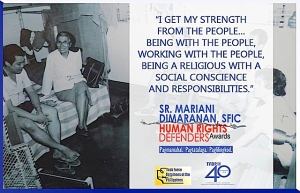
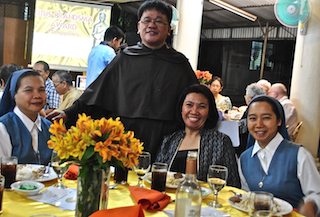
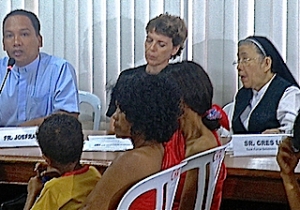
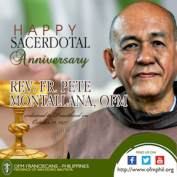
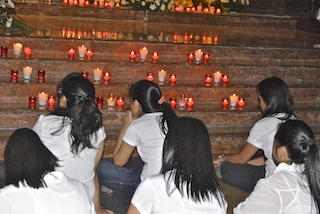
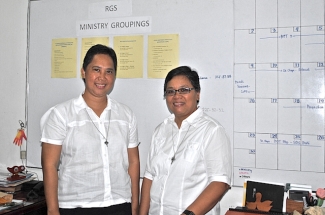

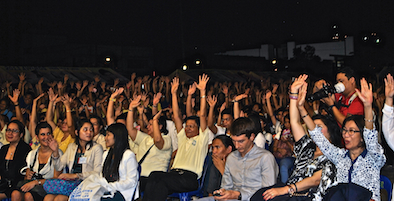
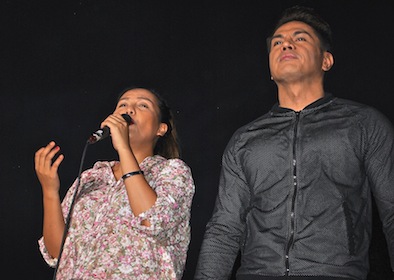
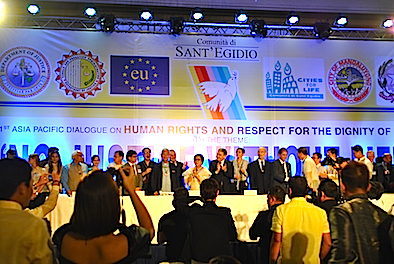
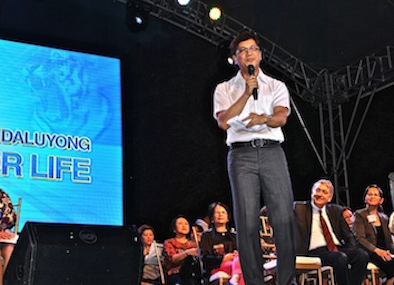
![Religions and the value of life symposium [l-r] Auxiliary Bishop Broderick Pabillo of Manila, CBCP Committee on Public Affairs Chair, Grace Candol of Sant'Egidio Philippines, Abdulhusin Kashim, Former Dean and lecturer of Islam, Oct. 27, 2014 / NJ Viehland Photos](https://njviehland.files.wordpress.com/2014/11/death-penalty-pabillo-kashim-nj-viehland.jpg?w=545)
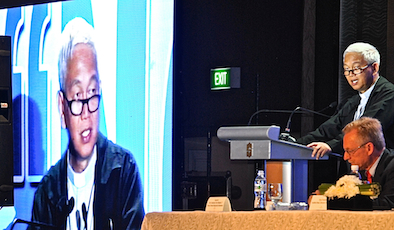
![Religions and the value of life symposium [l-r] Buddhist Monk Ryuji Furukawa of Japan Schweitzer Temple, Chair Sudheendra Kulkarni of observer Research Foundation in Mumbai, India, Oct. 27, 2014, Mandaluyong City, Philippines / NJ Viehland Photos](https://njviehland.files.wordpress.com/2014/11/death-penalty-furukawa-kulkarni-nj-viehland.jpg?w=545)
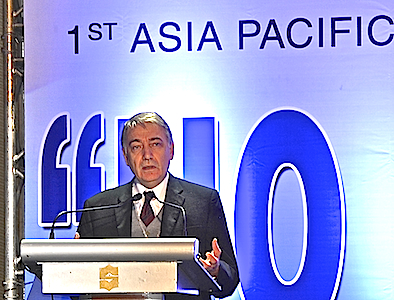
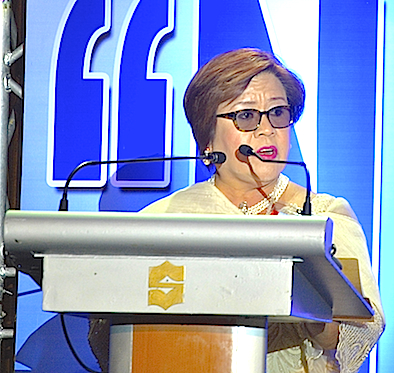
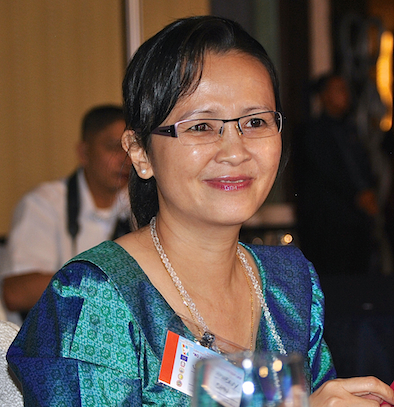
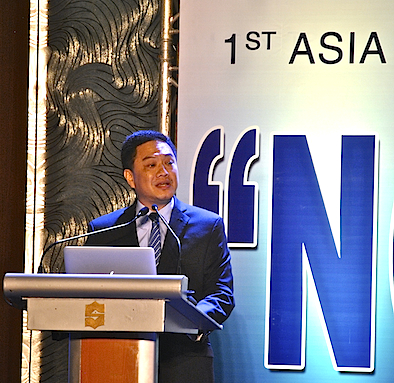
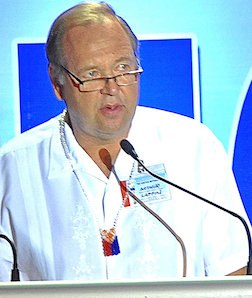
![Alberto Quattrucci [rigtmost] with Sant'Egidio team, 1st Asia Pacific Dialogue on Human Rights and Respect for the Dignity of Life, Oct. 28, 2014, Shangri-La Plaza Hotel, Mandaluyong City, Philippines / NJ Viehland Photos](https://njviehland.files.wordpress.com/2014/11/sant-egidio-quattrucci-nj-viehland.jpg?w=545)
![JC Mangmang [rightmost] and fellow freshmen of Don Bosco electronic communication / NJ Viehland Photos](https://njviehland.files.wordpress.com/2014/11/anti-death-penalty-don-bosco-youth-nj-viehland.jpg?w=545)
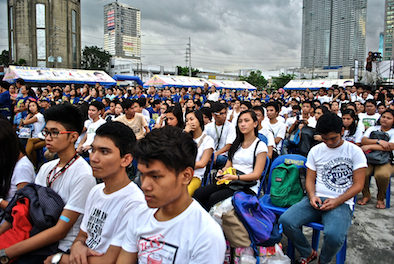
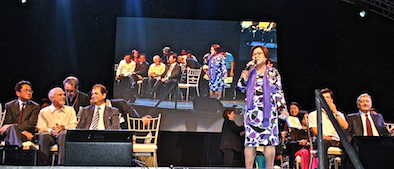
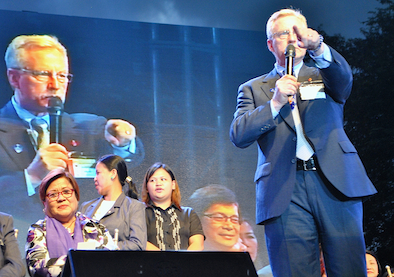
![[l-r] Leonardo Tranggono of Sant'Egidio, Italian Ambassador to the Philippines Massimo Roscigno, Philippines Secretary Leila De Lima, Philippines Justice Undersecretary Francisco Baraan III, Administrator Manuel Co of Parole and Probation Administration announce the first "No justice without life" Conference in Asia at the Oct. 23 press conference at the Department of Justice, Manila/ NJ Viehland Photos](https://njviehland.files.wordpress.com/2014/10/death-penalty-presscon-nj-viehland.jpg?w=545&h=232)